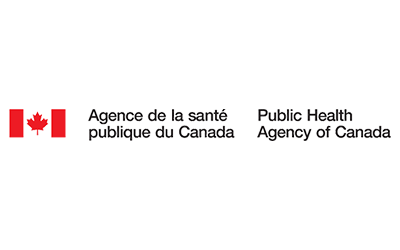In general, taking vitamin and mineral supplements is not recommended for children. However, in certain situations, a supplement can be useful and can be recommended by a doctor or a nutritionist.
From the age of 1 year, young children who eat a varied diet meet their needs for vitamins and minerals. A varied diet is one in which foods from the four food groups are eaten at each meal, and from at least two food groups at snack time. In that case, there is no need to take a supplement. Interestingly enough, it is highly educated parents with healthy lifestyles who are more likely to give supplements to their children, even though it is probably not necessary in most cases.
One exception is vitamin D. Take note of the specific recommendations regarding vitamin D for babies and young children (see Vitamin D Supplements for babies aged 0 to 12 months: Who to give them to?).
Some children do not have much appetite or are very selective in their diet. This can cause their parents to worry. There are several strategies to promote appetite and the discovery of different foods (see Case Study Ming; How to help a child with little appetite. English version to follow). Start by offering food, not supplements. Supplements are never as nutritionally complete as food. In no circumstances can they replace food.
In some situations, a child can be at risk of deficiency in minerals and vitamins and may need to resort to a supplement. Consult a doctor or a nutritionist to assess the child’s condition and the need for a specific supplement.
Examples of situations where there is a risk of mineral or vitamin deficiency:
- Children who suffer from major eating disorders such as anorexia or a chronic lack of appetite.
- Children who are vegetarian or vegan.
- Children who have been put on a restrictive diet due to food allergies, obesity or chronic illness (such as Type 1 diabetes or celiac disease). These restrictions deprive them of several foods and, as a result, of several vitamins and minerals.
Generally, if parents are worried about their child’s diet, it is recommended they consult a nutritionist who can assess the situation and give advice for making informed choices regarding the diet of their child.
Here are some useful references for information on healthy diets:
Food Guide for Pre-Schoolers (French only)






